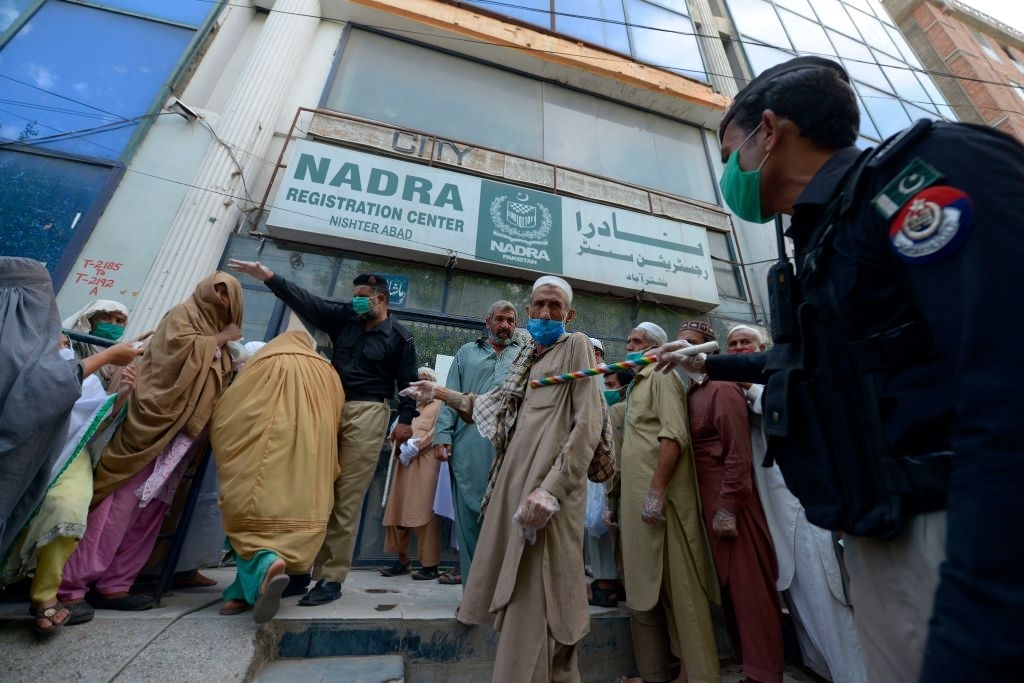Regional Coalition for Critical Infrastructure Protection, Education and Practice (ReCIPE) bagged $2 million in two-year grant funding from the US National Security Agency (NSA). The coalition is led by Iowa State and has Iowa State University, the University of Illinois at Urbana-Champaign and industry and government partners as its constituents.
The ReCIPE will focus on developing a cybersecurity workforce that can protect critical infrastructure from attack. Its main mandate? Defending the nation’s electrical grid!
The NSA wants results in developing cybersecurity talent in the Midwest.
Doug Jacobson, an electrical and computer engineering professor at Iowa State, said the NSA—through the agency’s National Centers of Academic Excellence in Cybersecurity—is funding similar cybersecurity coalitions across the country that are also looking at the security of the electrical grid, of elections and the financial sector.
Jacobsen is also the director of the university’s Center for Cybersecurity Innovation and Outreach and the leader of ReCIPE.
He explained that the coalitions exist to help form a community between industry and academia of shared expertise and provide educational resources and workforce development to industry.
The recipe for expanding the Midwest’s cybersecurity workforce and providing new or updated skills to existing professionals will include “hands-on training, realistic tabletop and testbed exercises, capstone design projects, cyber defense competitions and technical materials for students and professionals,” according to a news release from Iowa State.
Jacobsen said the coalition would probably not directly lead to any new undergraduate degree programs at Iowa State—the university already has a cybersecurity program—but could lead to new elective courses on critical infrastructure protection and credentialing options for people already in the workforce.
He said there’s a shortage of cybersecurity professionals, particularly in rural parts that have difficulty attracting or retaining professionals.
Source:






Comments